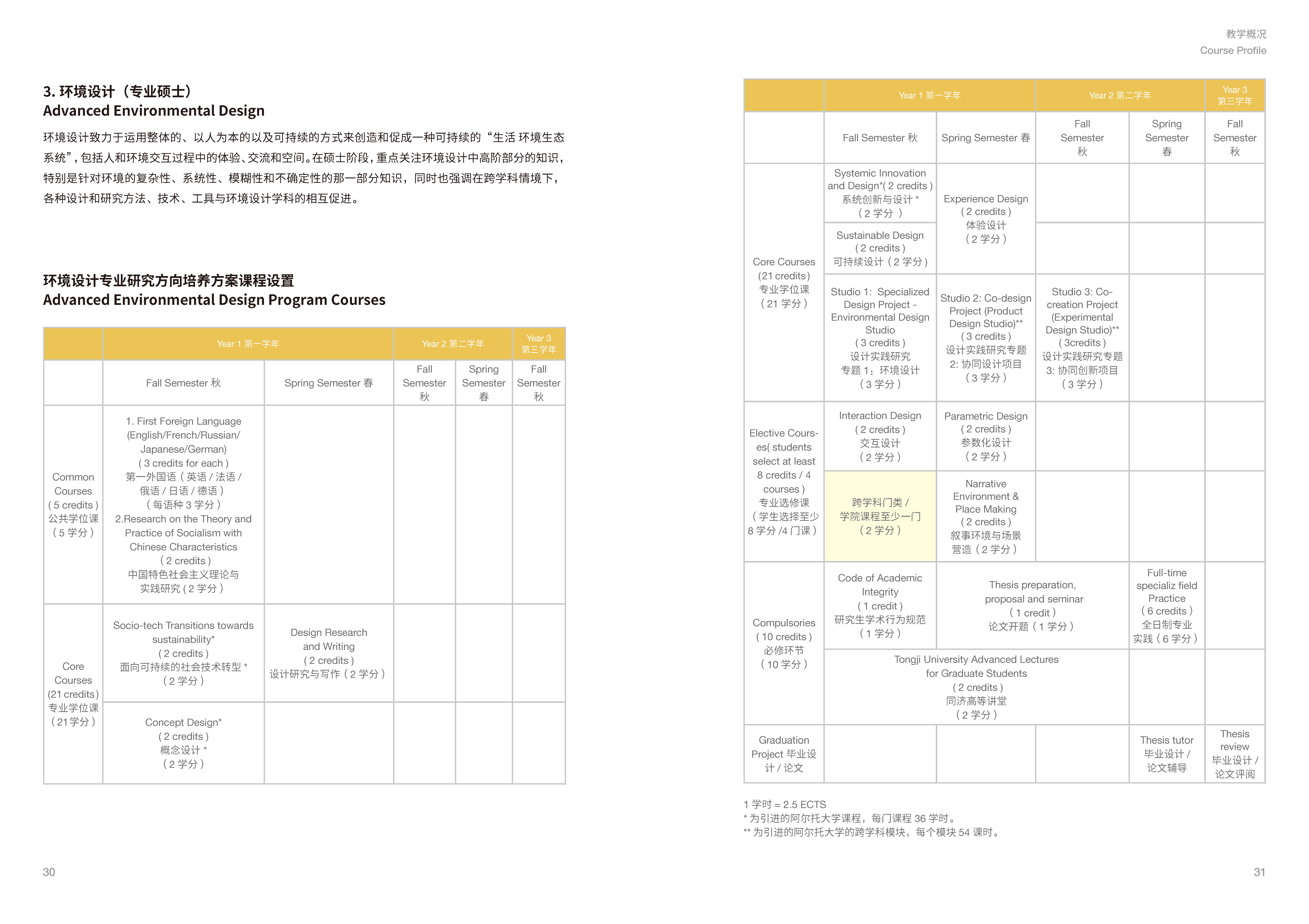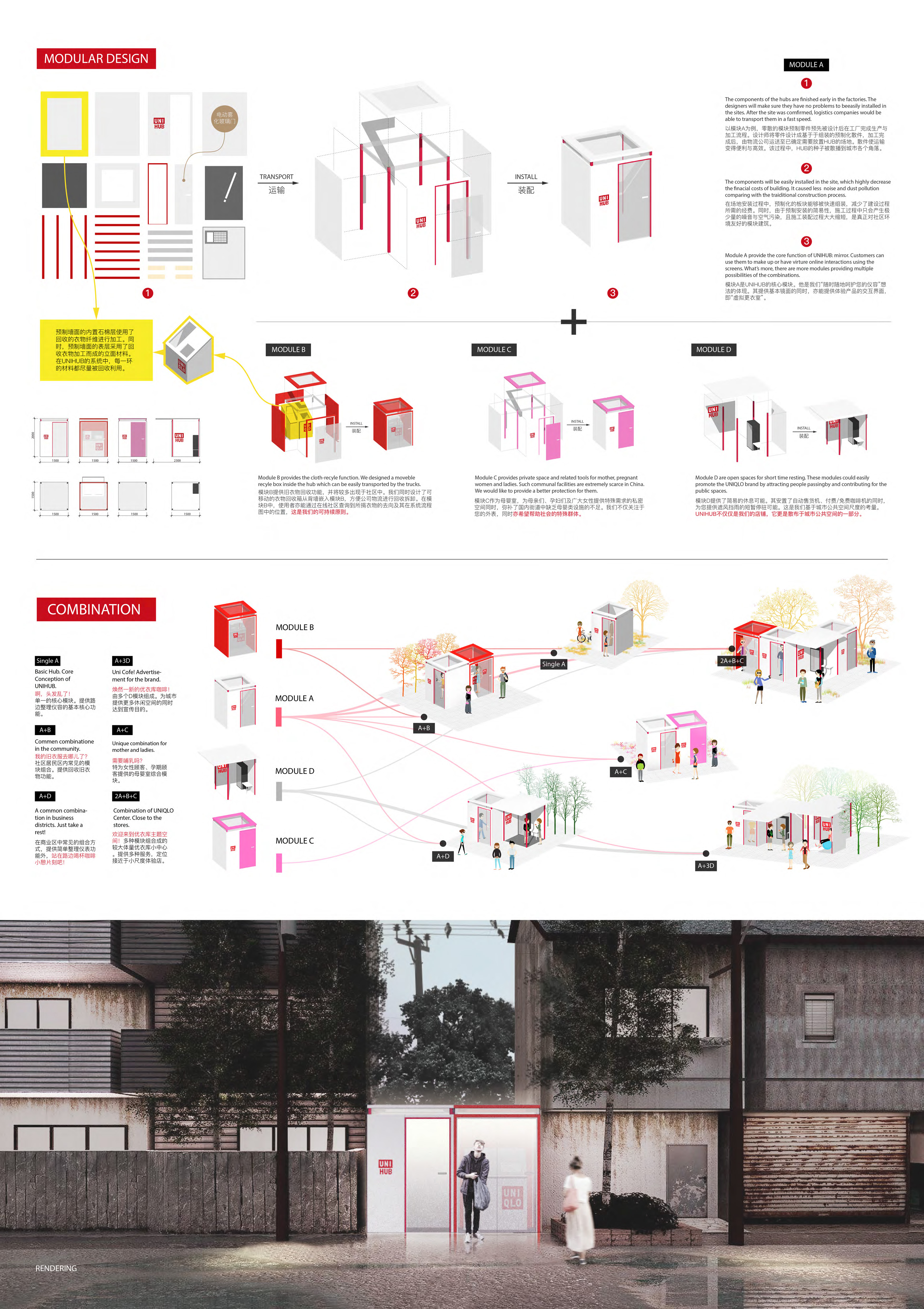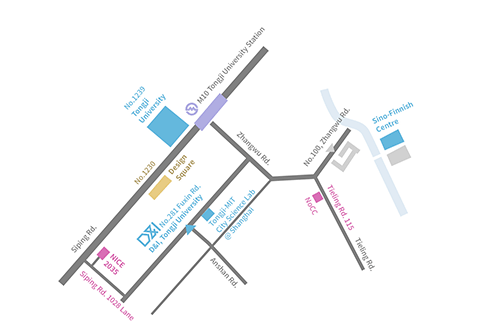1. Introduction
This program is committed to creating and facilitating a sustainable 'Life-Environmental Ecosystem' by using holistic, life-based and sustainable methods. This Ecosystem creates the experience, exchange and space which are based on the interactions the activities between human beings and their environment. At the master's level, the program's focus lies on the advanced knowledge of Environmental Design, especially the study of the complexity, ambiguity, uncertainty and systematic challenges of our environment. The program introduces a variety of design and research methods, techniques, tools, and encourages the reformation of Environmental Design in an interdisciplinary context.
2. Program Duration
1) A regular Master's program takes 2.5 years, in which 1-1.5 years are for course learning, and graduation project or thesis work should be no less than 1 year. Length of schooling extends to 3 years if the student participates in a one-year exchange program. The duration of a Master's study should be no more than 4 years.
2) Through three phases, i.e. course study, professional design practice, and thesis writing (design projects), the master program aims at cultivating full-time graduates who are capable of innovation, as well as problem analysis and solving in ways of case study and heuristic teaching methodologies, combining theory and practice.
3. Credit
Graduate students should complete at least 44 credits, including 5 credits for common degree courses, 21 for professional degree courses, 8 for non-degree (i.e. specialized elective) courses and 10 for compulsory courses.
In non-degree courses, 2 credits must be completed for one cross-disciplinary or cross-faculty course.
Mutual credits recognition rules that apply to students participating in exchange master programs shall be determined specifically according to specific agreements.
4. Curriculum (2019)






